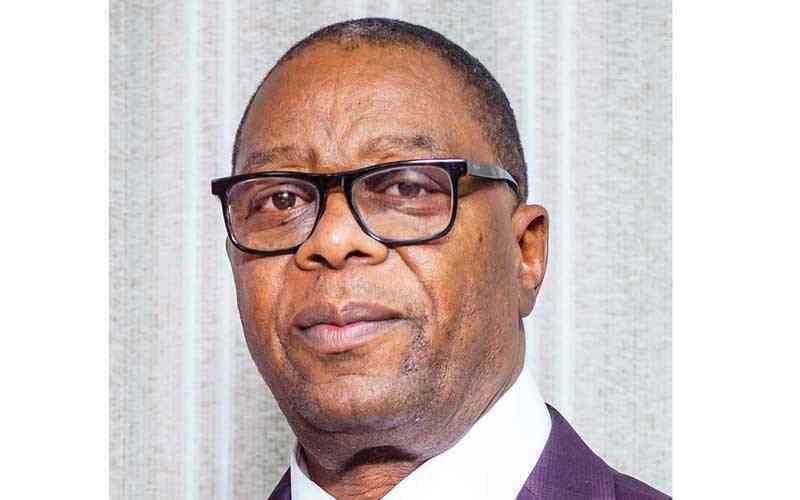
The week was somber with the loss of Tatenda Pinjisi, a young and promising Sungura artist who succumbed to accident injuries last Sunday.
I got to fall in great love for his songs long back in 2018 when he released chart-busting Saina.
The guy was just brilliant to say the least. He is one person who would come at my workplace and we could chat for some time highlighting his vision for the music industry. May his soul rest in eternal peace.
The wife needs everyone’s support considering that she has a one-year old son and it was just five months ago when she lost her biological mother.
The public health system continues to face problems that are hindering health service delivery.
Many people have since lost confidence in the public health system as the state of some infrastructure is solemn, there is shortage of essential drugs as well as demotivated health workforce.
The 2007 World Health Organisation health system framework talks of six building blocks of a strong health delivery system namely health workforce, financing, governance, information technologies, service delivery and medicines.
Health and Child Care minister Douglas Mombeshora has an insurmountable task to return public health service to track.
- Zim health system is in intensive care: How it got there
- Measles threat growing
- Take your child for measles vaccination
- Residents cry foul over Ngozi Mine pollution
Keep Reading
The minister is a revered public officer, long viewed as a listening someone who dedicates most of his time to duty.
Does he have enough ammunition to tackle an ailing health system alone?
Reforms are sustained, purposeful and fundamental changes that will have an impact on organisational performance.
Zimbabwe trains some of the best medical personnel in the world, alas, health service delivery is very poor.
Questions have been asked why the public health system is faltering and the answers are not even complex.
There are many contributing factors to the collapse of the public health system and some of them include incessant corruption, maladministration, inadequate health financing among other factors.
The biggest asset of any organisation is the human resources and failure to satisfy employees on performance management will just spell disaster.
Organisational performance becomes plaintive without adequate motivation.
It is not a secret that maladministration plays a significant role in the collapse of the public health system in our country.
There is a good number of office-bearers who have been working for some years but yielding nothing.
Recruitment and selection should be based on meritocracy and not on nepotism, favoritism or patronage.
The Health ministry has many office-bearers who are occupying opulent offices for long.
Their aim is no longer to deliver the best healthcare service but for self-aggrandisement.
Positions of leadership or management should consider somebody with at least a management qualification.
How can someone run a central hospital, without the necessary management qualifications?
Central hospitals are not performing as expected.
There are many embarrassing issues at some of our central hospitals and recently Sally Mugabe Hospital was in the newspapers for not having adequate running water, drugs, sundries among other basics.
Why would such a big hospital fail to stock even basic drugs most of which cover chronic ailments like diabetes mellitus, hypertension, epilepsy, HIV and Aids as well as arthritis, among others?
Funding has one of the most topical issues in the country with government falling short of the Abuja Declaration of 2001, which recommends at least 15% of the national budget to be allocated to the health factor.
We may plunge deeper into health doldrums now that we have an unpredictable United States president Donald Trump who seems to be at loggerheads with everyone in the world.
If US-funded non-governmental organisations such as PEPFAR and USAid totally withdraw their health funding, we may face a health catastrophe unless we increase domestic funding.
Corruption continues to rear its ugly head and it is a pity that about US$2 billion dollars is suspected to be lost to this vice, an amount huge enough to build fifty well-furnished hospitals every year.
We all want to achieve Vision 2030 where issues of health equity, equality and universal health coverage take centre stage.
Universal health coverage is possible, but do we have the right people who will be the flag-carriers for Vision 2030 or we only have opportunists who only want to line their pockets?
Radical revamping of the entire system should be a priority at this juncture!










